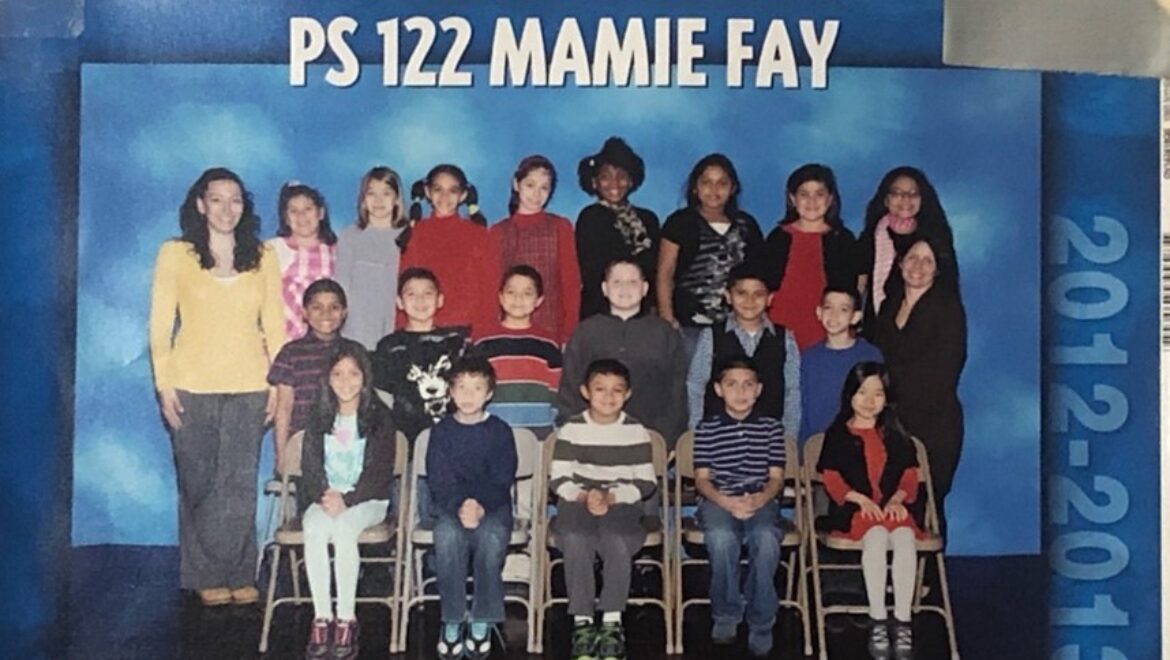Blog Post 1: L&L Narrative Brainstorms Worksheet
Language & Literacy Narrative Brainstorms Worksheet for ENG 110
Your name:
| Animesh Ray |
Instructions: Please respond to the questions that follow with as much detail and description as you can. The more you put into reflecting now on the complexities of your language and literacy development, the better off you’ll be in completing our major assignment for the first phase of this course. Take as much space as you need.
When it comes to your experiences with language (speaking and listening) and literacy (reading and writing), what specific moments in your life can you recall that are particularly vivid or that emerge as being significant to you? Yes, it could be an example from your earliest memories of learning to speak, read, and write (in school or elsewhere), but it doesn’t have to be. It could be a memorable encounter—a moment of tension, confusion, or triumph. It could be about experiences developing additional dialects/languages and advanced literacies (i.e., learning to speak/write in different peer groups, at school, at work, with family, online, in different locations across the nation or world, etc. Please select 3 moments to describe. Then, explain why each is interesting or significant.
| 1. One moment in my life that stood out the most to me is when I was watching Bollywood movies and songs which allowed me to learn the language of Hindi a little bit. I have childhood songs of Bollywood actresses dancing and it brought me massive joy. I get a sense of nostalgia when I hear those specific songs on car rides or randomly come on my Youtube feed. |
| 2. I was born in my home country of Bangladesh, I wasn’t raised in it for around 16 years. So my dialect was off when talking to my cousins and family back home when I went on vacation. It was a moment of lost culture for me. I try to improve my dialect with my parents at home over time so I don’t lose it. I will also return to vacation in Bangladesh with a stronger dialect to my voice when speaking with relatives. |
| 3. Another moment is when I was learning to read Bengali which is my home language. I am incapable of reading but I have learned the basic alphabet with the assistance of my father. It was significant to me because it made me feel a strong sense of culture every time I study for it. The language is difficult to learn. |
What specific materials or artifacts (i.e., objects, writing, learning materials, pictures, video recordings, etc.) from your past can you locate/recall and that in some way represent a meaningful moment in your reading/writing development? This can be something like a journal or book, but also anything at all (e.g., a toy, piece of furniture, cereal box, art supplies, etc.) What memories and feelings can you extract from these examples you’ve gathered/recalled? Explain.
| A Bengali alphabet book was an artifact that I recalled in the past that I was studying to represent the strong sense of culture within myself and my family members. The memories I can extract are of my dad being strict with me when I was studying it. I often felt demotivated to do it but I know his tough love meant a lot to me to learn and accomplish this goal. |
For better or worse, who and what impacted how, when, and why you develop your languages and literacies? Who in your family, at school, among your peer group, or in your community played a part? How did your particular situation or experience shape your literacy? That is, what sorts of issues, experiences, organizations, or life circumstances played a part? What kinds of languages and literacies did you gain from those people and your particular situation? How? Why? Explain.
| My father is one with his assistance with my Bengali studying. Another example is my English teachers back in Middle School helping me with some poems that I despise. With their guide, I was able to annotate and describe some of what the poems are arguing or talking about. I learned about stanzas and octaves that help assist in writing essays about poems with the prompts and the teachers played a massive role in that. |
In what ways do you see your language, reading, and writing capabilities as having social consequences or impacting your life circumstances—that is, what advantages did/do you have and what disadvantages did/do you face as a result of your language and literacy learning?
| Some advantage was home speaking the Bangla language made me able to communicate with other Bengali speakers or natives. This would help me translate to English so the non-English speakers would understand what someone is saying. The disadvantage is that I am still unable to learn the reading of Bangla as it is proven difficult and I can’t read any of Dad’s Bengali newspapers he brings from the groceries that he reads. |
How might your experience with language and literacy connect to larger social realities (e.g., of your life, family, generation, gender, race, culture, nation, geographic location, historical moment, etc.)?
| I get to communicate the English language to everyone in NYC as everyone practically speaks it. We are in America after all. Communication is key to social realities as you can make connections and develop friendships, etc. With learning Bengali and being the race itself as well, I can speak with friends from my country and share the culture. You get to learn more about where you are from and how someone who was raised in Bangladesh’s path was different from the one I had in America. That is what I do with my friend. |


